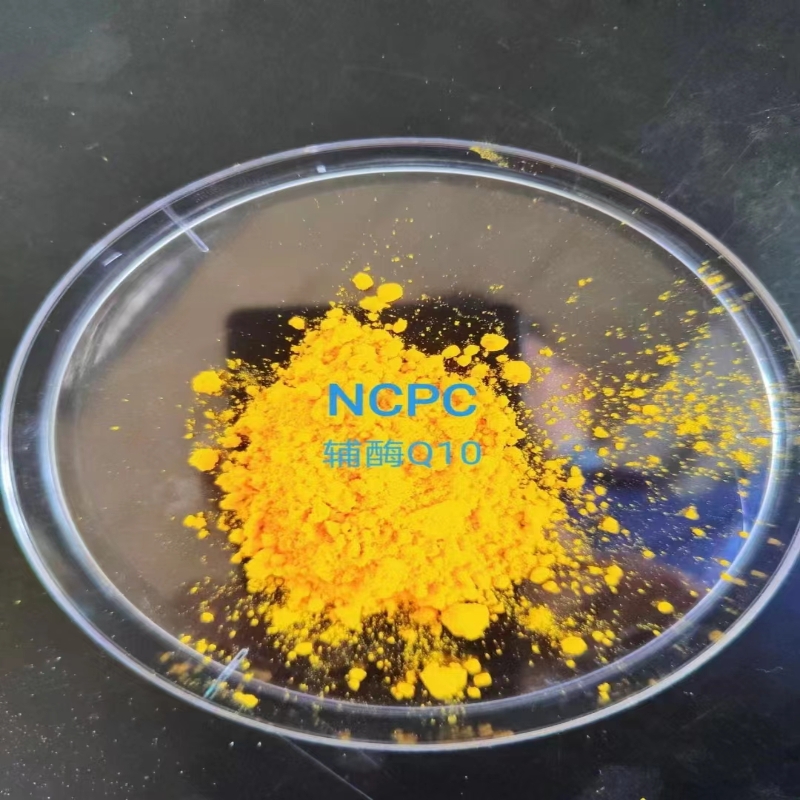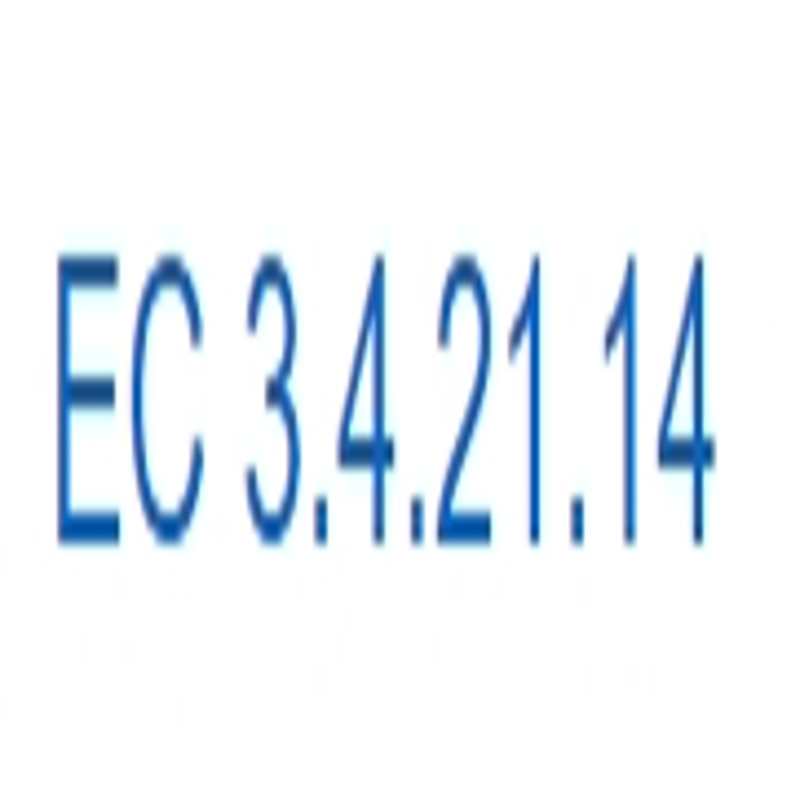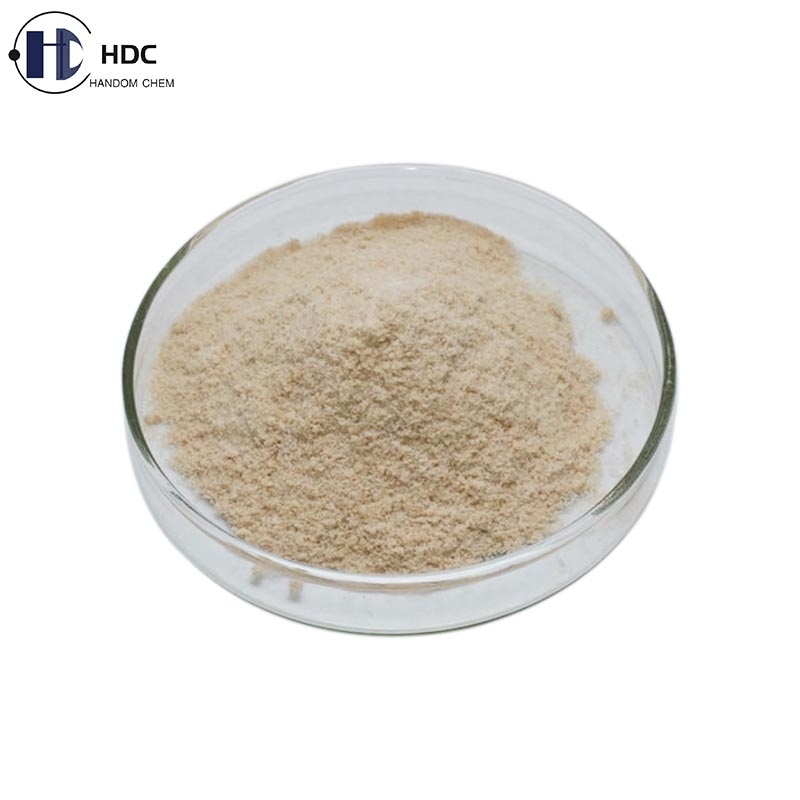Sepsis: cell therapy for long-term muscle damage
-
Last Update: 2015-12-17
-
Source: Internet
-
Author: User
Search more information of high quality chemicals, good prices and reliable suppliers, visit
www.echemi.com
December 17, 2015 / BIOON / - scientists from the Pasteur Institute, the University of Descartes in Paris, Saint Anne hospital and CNRS recently published in nature communication Communications) published a paper that revealed the major players in sepsis and sepsis induced severe muscle injury, explaining why many patients suffer from long-term debilitating muscle injury after recovery They proposed a treatment based on mesenchymal stem cell transplantation, which produced encouraging results and successfully restored muscle capacity in animals Sepsis is a systemic inflammatory response to severe infection Although the disease is not known to the public, it is actually quite common, affecting about 28 million people It is said that there are 8 million victims every year around the world In France, sepsis - related mortality is as high as 27%, while septic shock, the more severe syndrome, can cause 50% mortality However, thanks to advances in medicine, especially in intensive care, mortality is declining However, the survivors may suffer from serious injury, especially the nerves and muscles may be highly weakened, resulting in the survivors unable to live a normal and active life for a long time It is estimated that the number of cases of sepsis will double in the next 50 years, largely due to the aging population Therefore, the study of new treatment possibilities is essential for public health To further elucidate the severe loss of muscle capacity observed in patients, scientists from the Pasteur Institute's human histopathology and animal model unit (led by Professor Fabrice Chr é Tien) worked with research teams led by miria ricchetti in the stem cell and development unit to study the effects of sepsis on muscle stem cells (satellite cells) They observed a sharp drop in the mitochondrial mass of these stem cells in mice Mitochondria are organelles that act as the "power Chambers" of cells, producing energy rich ATP molecules that are needed for all chemical reactions Scientists have shown that after sepsis, the remaining few mitochondria can only provide satellite cells with the energy to maintain their basic survival, not enough to divide and differentiate into muscle cells when needed for muscle growth, repair and maintenance This damage, which occurs in the early stage, will have a long-term effect, preventing the organism from fully recovering muscle function, so long-term muscle damage will be observed in patients The study led scientists to explore the possibility of using mesenchymal stem cell transplantation as a potential therapeutic approach Mesenchymal stem cells can be easily cultured in the laboratory, and their immunomodulatory properties are known, which makes them an excellent choice for cell therapy transplantation to repair degenerative or traumatic injury Using a mouse model, Fabrice Chr é Tien and his team showed that transplantation of muscle mesenchymal stem cells after septic shock resulted in a decrease in the overall level of inflammation and related symptoms: fever, relaxation (loss of muscle tone), cytokine circulation, inflammatory molecules, etc Histological analysis after transplantation showed that MSCs provided support for damaged satellite cells, but did not actually replace them Mesenchymal stem cells were then eliminated by the organism, and the transplantation successfully restored mitochondrial dysfunction and completely restored the metabolism and division ability of satellite cells With these encouraging results, scientists hope to continue their research in humans The first stage of their research should be to confirm whether the same tissue damage has been observed in humans, and it will start soon (Bio Valley bio Com) this article is the original compilation of Bio Valley Welcome to reprint! Please indicate the source of the reprint and attach the original link For more information, please download Biovalley information app DOI: 10.1038/ncomms10145? Sepsis induces long-term metabolic and mitochondrial muscle stem cell dysfunction amenable by mesenchymal stem cell therapy Sepsis, or systemic inflammatory response syndrome, is the major cause of critical illness resulting in admission to intensive care units Sepsis is caused by severe infection and is associated with mortality in 60%?of cases Morbidity due to sepsis is complicated by neuromyopathy, and patients face long-term disability due to muscle weakness, energetic dysfunction, proteolysis and muscle wasting These processes are triggered by pro-inflammatory cytokines and metabolic imbalances and are aggravated by malnutrition and drugs Skeletal muscle regeneration depends on stem (satellite) cells Herein we show that mitochondrial and metabolic alterations underlie the sepsis-induced long-term impairment of satellite cells and lead to inefficient muscle regeneration Engrafting mesenchymal stem cells improves the septic status by decreasing cytokine levels, restoring mitochondrial and metabolic function in satellite cells, and improving muscle strength These findings indicate that sepsis affects quiescent muscle stem cells and that mesenchymal stem cells might act as a preventive therapeutic approach for sepsis-related morbidity.
This article is an English version of an article which is originally in the Chinese language on echemi.com and is provided for information purposes only.
This website makes no representation or warranty of any kind, either expressed or implied, as to the accuracy, completeness ownership or reliability of
the article or any translations thereof. If you have any concerns or complaints relating to the article, please send an email, providing a detailed
description of the concern or complaint, to
service@echemi.com. A staff member will contact you within 5 working days. Once verified, infringing content
will be removed immediately.







